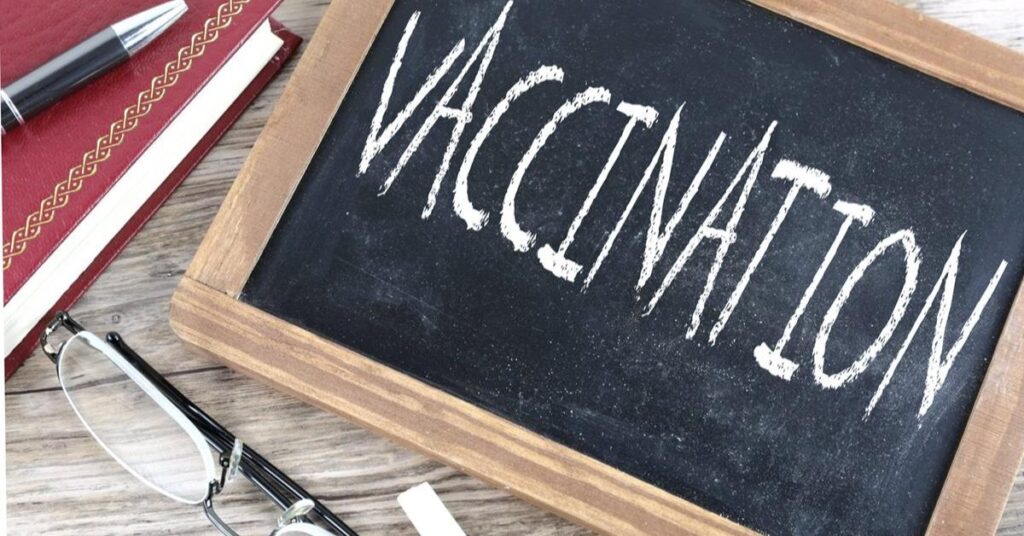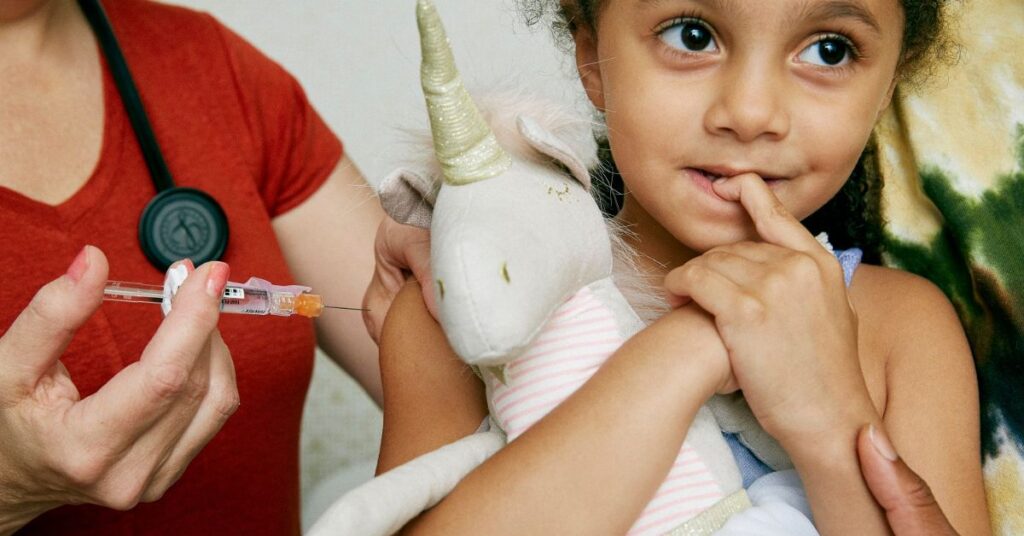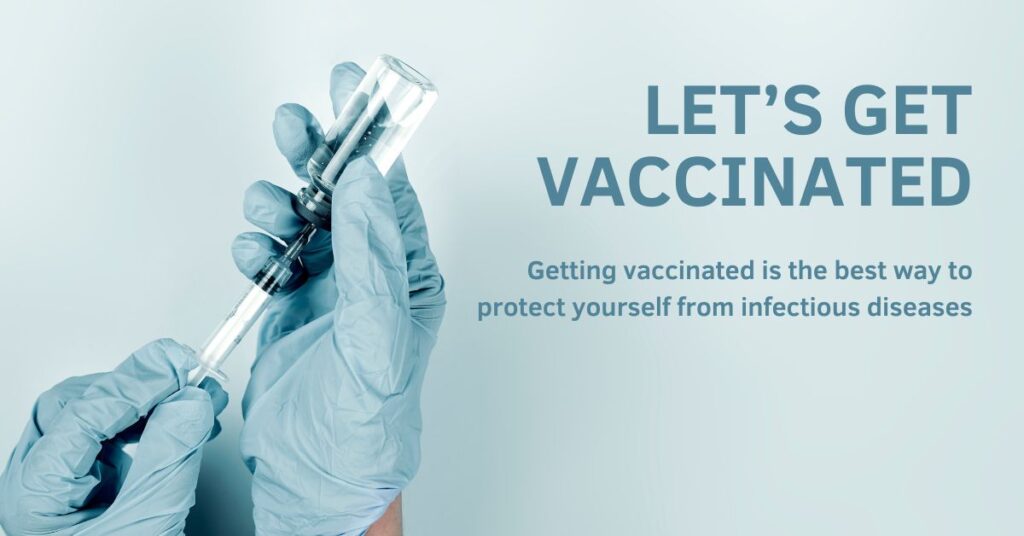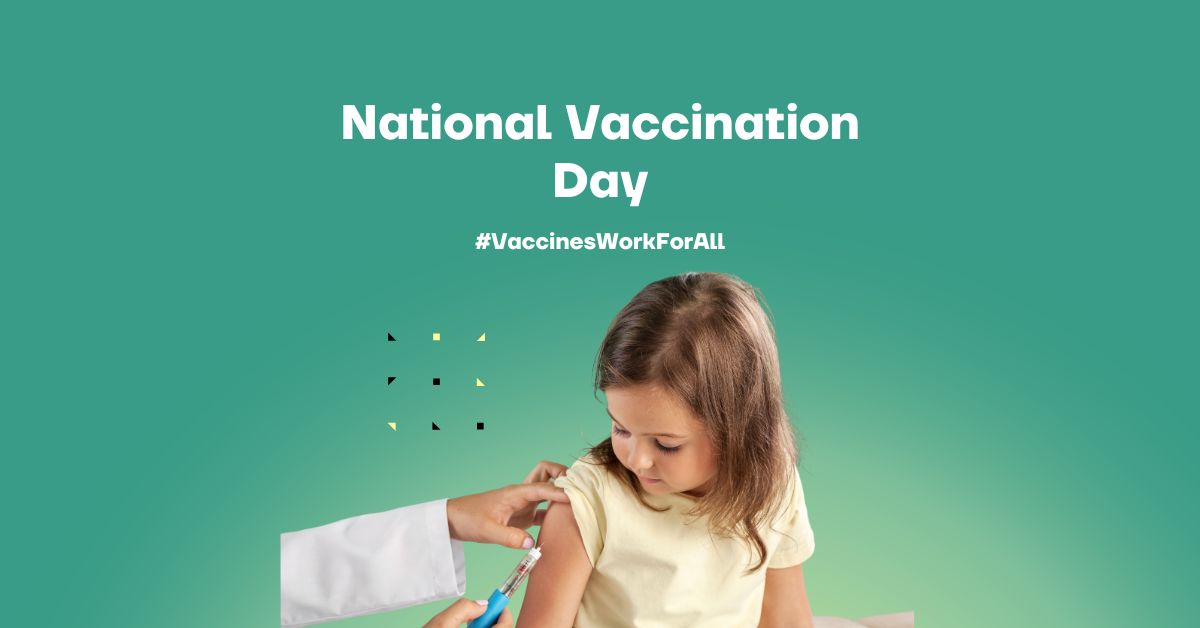National Vaccination Day - What You Need to Know
Did you know that 16th March is celebrated every year as National Vaccination Day in our country? This day serves as a gentle reminder of how important vaccines are in keeping our loved ones and ourselves safe from diseases that may be avoided. National Vaccination Day, however, is more than just a day of awareness; it has a unique significance in Indian history. On this day, March 16th, 1995, the first-ever dose of oral polio vaccine was given in India, a pivotal effort that resulted in the nation’s polio eradication.
So on this National Immunization Day, let’s not only recognize the efficacy of vaccinations but also pledge once more to guarantee universal immunization coverage. Let’s look at the significance of vaccines, the background of National Vaccination Day, and any typical worries you may have regarding vaccinations. So tune in as we delve into the intriguing realm of vaccinations and how they protect our health!

What’s the Background Story behind National Vaccination Day?
It all began on March 16, 1995, in India when the first National Vaccination Day was observed. Remember smallpox, the highly infectious and deadly disease? Well, guess what? On this day, smallpox was successfully eradicated, all thanks to the widespread immunization campaign led by the World Health Organization (WHO). This day in 1975 saw the final recorded instance of smallpox, which was a significant victory for world health.
To celebrate this remarkable achievement, India declared March 16th as a National Immunization Day to increase awareness and emphasize the need for immunization. However, this incredible day is not limited to India alone; it has now become a worldwide occasion. This day is used by nations all around the world to draw attention to the on-going fight against infectious diseases, educate their citizens, and support immunization initiatives. On National Vaccination Day, we are reminded once again how important vaccinations are to everyone’s health and well-being. They serve as the cornerstone of a more resilient and healthy planet
Is There Any Difference Between Vaccination and Immunization?
National Vaccination Day is celebrated every year on March 16th. National Vaccination Day which is also known as National Immunization Day is celebrated to convey the importance of vaccines. Vaccination and immunization play the biggest role in preventing any infectious diseases. But we often confuse both these terms and use them interchangeably. So what’s the difference you may wonder?
To give you a clear idea, here’s the subtle difference between the two:
Vaccination means getting a vaccine which results in the development of certain antibodies in your body to give you certain immunity called immunization. Basically, vaccination results in immunization.
Why Is It So Important to Vaccinate Our Children?

As far as the importance of vaccination is concerned, you must have got a tetanus injection at some point in your life. Now, have you ever witnessed someone contract tetanus or pass away from the illness in your entire life? It’s hard to remember right? Very few of you must have actually witnessed a tetanus case. Do you know why? Well, this is the magic of vaccination.
Tetanus vaccination is now running in such a powerful manner that we rarely bump into such cases. And not just tetanus, we have also managed to eradicate a deadly disease like smallpox. Apart from that, vaccination has also played a vital role in eliminating other diseases like polio, measles, diphtheria, rabies, meningitis, swine flu, etc. Recently, vaccinations have also proven to be quite effective in the battle against corona.
Most importantly, due to vaccination, we have been able to reduce the death rate in our country by at least 75-80%. But we will be successful only when every child from every corner of our country is able to take advantage of vaccination. As we all know, prevention is better than cure. So why get entangled in the treatment of the disease after it occurs, why don’t we take some action before it can affect us? Why not work so hard that we can prevent these diseases in our children before they can even occur?
To start, the first thing we need to do is get some knowledge regarding the different types of vaccination programs. Getting the necessary awareness is the first step. And National Vaccination Day is the ideal day to learn about it.
How Does Vaccine Develop Our Immunity?
You may wonder how these vaccinations generate immunity. To understand this, let’s imagine: when a germ enters our body, our body develops immunity to fight with it. This immunity, however, is not just for this fight alone. One best quality about this is that our body remembers it. So by chance if these germs attack us again in the future, then due to this immunological memory it will be able to deal with it in a better way. The vaccine is based on this theory of immunological memory.
When an organism or germ makes us sick, our body becomes a war zone. To help us fight against the germ, vaccines come to our rescue. By taking a vaccine, we introduce a little, safe portion of the germ into the body. This small portion of germ injected through the vaccine however does not cause any harm but in turn, helps in generating our immunity against that germ. Our immune system is triggered by this to identify the threat and mount a defense. With that, our bodies get prepared to fight off the next actual germ before we ever notice it coming on!
What Benefits Does Vaccinations Serve?
If you’re still contemplating whether vaccines serve as real armor, then think again. Here are some benefits of taking vaccinations that may help you make an informed decision:
- Vaccination plays a crucial role in preventing infectious diseases from spreading throughout communities.
- It reduces the risk of outbreaks and epidemics by strengthening immunity to particular viruses or bacteria.
- People who are vaccinated are protected especially the elderly, young children, and those with weak immune systems.
- It provides indirect protection to those who are unable to receive vaccinations by contributing to herd immunity, a condition in which a large population is immune.
- Vaccination is a low-cost public health intervention that reduces the long-term health effects of infectious illnesses and saves lives.
Let’s Take Some Action
On this National Vaccination Day, let’s make some promises, shall we?
- Let’s gather some necessary knowledge about vaccination by browsing reliable sources such as WHO and CDC.
- Let’s provide correct information and promote sensible immunization practices.
- Let’s vaccinate ourselves and our kids as per the given schedule.
- Let’s volunteer by giving a hand to our nearby vaccination centers and raise awareness by holding informational campaigns.

Key Takeaways
Vaccines rank among the greatest achievements in public health. They teach our bodies to identify and combat dangerous illnesses, sparing us the suffering and perhaps fatal consequences they bring. However, even after such an overwhelming success rate, there still seems to be quite a lot of skepticism and misinformation around it. That’s why it’s important to raise awareness about it. One must understand that vaccinations are subjected to extensive testing and scientific review before approval. So it’s completely safe. Hence, you must encourage people in your community to participate in vaccination and help in the battle against misinformation.

